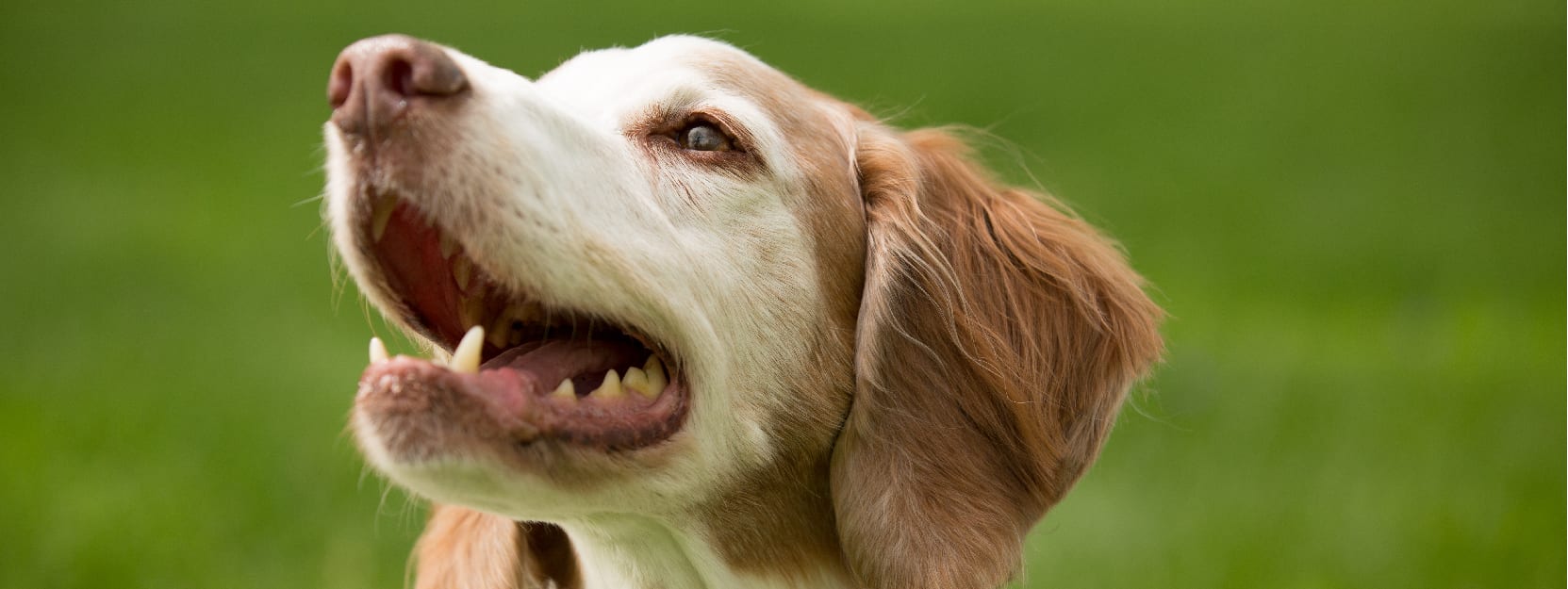
Caring for a senior pet may require extra effort, but it will certainly be a rewarding experience for you and your pet.
So you’ve opened your heart and your home to a senior pet – or perhaps your longtime furry loved one has now reached their golden years. Now what? How do you properly care for them? What kinds of things should you be looking out for when it comes to their health? Caring for a senior pet may require extra effort, but it will certainly be a rewarding experience for both parties. Here are a few tips to make things easier for you and them.
1. Find a great vet
Regular check-ups are essential for maintaining your senior pet’s health. If you have adopted a senior pet, the first thing you should do when you bring them home is to find a reliable and conveniently located veterinarian.
Going to the same vet consistently will help them to establish an understanding of your pet’s normal health through tests and exams, so that they can tell when something is off.
2. Provide a safe, accessible environment
Older pets might have health issues such as sight or hearing loss, or arthritis, so it’s important to make sure they have easy access to necessities such as food, water or litter boxes. Other safety measures can include removing harmful objects, or putting gates up to stop your pet from going somewhere they shouldn’t.
3. Make sure they’re eating right
Whether or not your pet is having health issues, their diet will play an important role in their overall health. Older pets are also often at risk for obesity as their metabolism slows and they spend fewer hours of the day exercising.
Your pet may end up requiring additives such as vitamins or oils added to their food, or special formulas of food to help ease joint pain or keep their kidneys working their best. Ask your veterinarian for their dietary recommendations.
4. Keep them moving
As your pet ages, it can be tempting to let them rest often and skip out on exercise, but regular walks and runs can help to keep their joints in tip top shape, and their weight under control. Swimming – if your pet enjoys it – is a great way for older pets to get exercise without putting excess stress on their joints.
Be sure to pay close attention during activity. Your pet should help to let you know when they are tired or if they are uncomfortable.
5. Teach them new tricks
Just because your pet is old, doesn’t mean they can’t learn new things. Learning new tricks and using puzzle toys during playtime can help keep your pet’s mind sharp. You can even buy some food dispensers that help to engage your pet while they eat by making them use their hunting instincts.
6. Show some love
Of course, showing your pet affection will help them feel comfortable and safe, which will have a positive effect on their long-term health. So make sure to spend some time cuddling, and even giving your pet massages to help soothe their muscles and joints.
Remember, the best thing you can give your pet is love, attention and care during their senior years. Making sure they have the proper food, environment, and medical care will go a long way to ensuring their health and happiness.

You might also like: Disaster Preparedness for Pets


